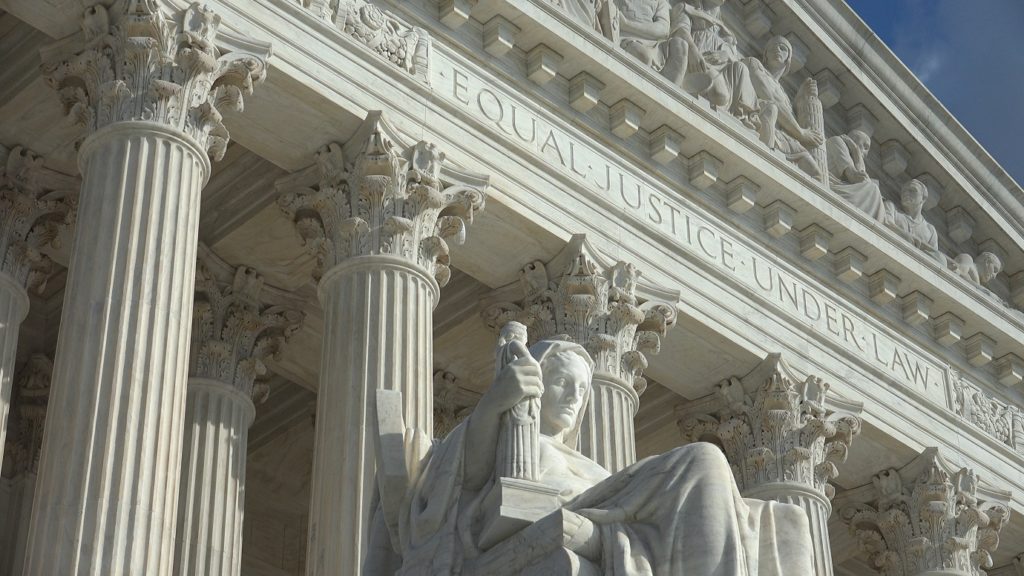The United States Supreme Court has agreed to consider a case that might have the potential to curtail the constitutional right to abortion that was established nearly fifty years ago in Roe v. Wade.
The court has taken up a new case concerning Mississippi’s bid to enforce a ban on abortions after fifteen weeks of pregnancy. It will be the first time the Supreme Court’s new conservative majority – now including Justice Amy Coney Barrett, a devout Christian – has presided over a case on abortion rights.
Justice Amy Coney Barret was appointed to the Supreme Court in 2020 by former US President Donald Trump, replacing the late Justice Ruth Bader Ginsberg who was considered a liberal champion of women’s rights. The court is now ruled by a conservative 6-3 majority.

The case is considered pivotal in establishing how inclined the court’s new conservative majority will be in restricting abortion rights in the United States.
In 1973, the Supreme Court established the constitutional right to abortion in the United States in Roe v Wade, which was reaffirmed in 1992. While the Mississippi abortion case is not asking the Supreme Court to overturn Roe v. Wade, it is viewed by many as a clear threat to abortion rights. A favourable decision for Mississippi could lay groundwork for permitting further restrictions.
Nancy Northup, the president of the Center for Reproductive Rights in the US, said in a statement that “alarm bells are ringing loudly” regarding the threat this case poses to reproductive rights.
“The Supreme Court just agreed to review an abortion ban that unquestionably violates nearly 50 years of Supreme Court precedent and is a test case to overturn Roe v. Wade,” Northup said.
“We will keep fighting to make sure that people do not lose this fundamental right to control their own bodies and futures.”
Northup said abortion is nearly impossible to access for people in states like Mississippi where lawmakers have been “chipping away at the right to abortion for decades”.
During his term as president, Donald Trump appointed three conservative justices to the Supreme Court, including Justice Amy Coney Barrett, Justice Brett Kavanaugh and Justice Neil Gorsuch. Six of the court’s nine justices now lean conservative.
Last year, when Justice Ginsberg was still alive, the court struck down a restrictive abortion law in Louisiana that imposed restrictions on doctors who perform the procedure. Justice Kavanagh and Justice Gorsuch, Trump’s appointees, voted in dissent.
The supreme court will hear the Mississippi case in their next term, beginning in October and will likely deliver a decision in 2022.

